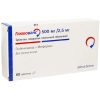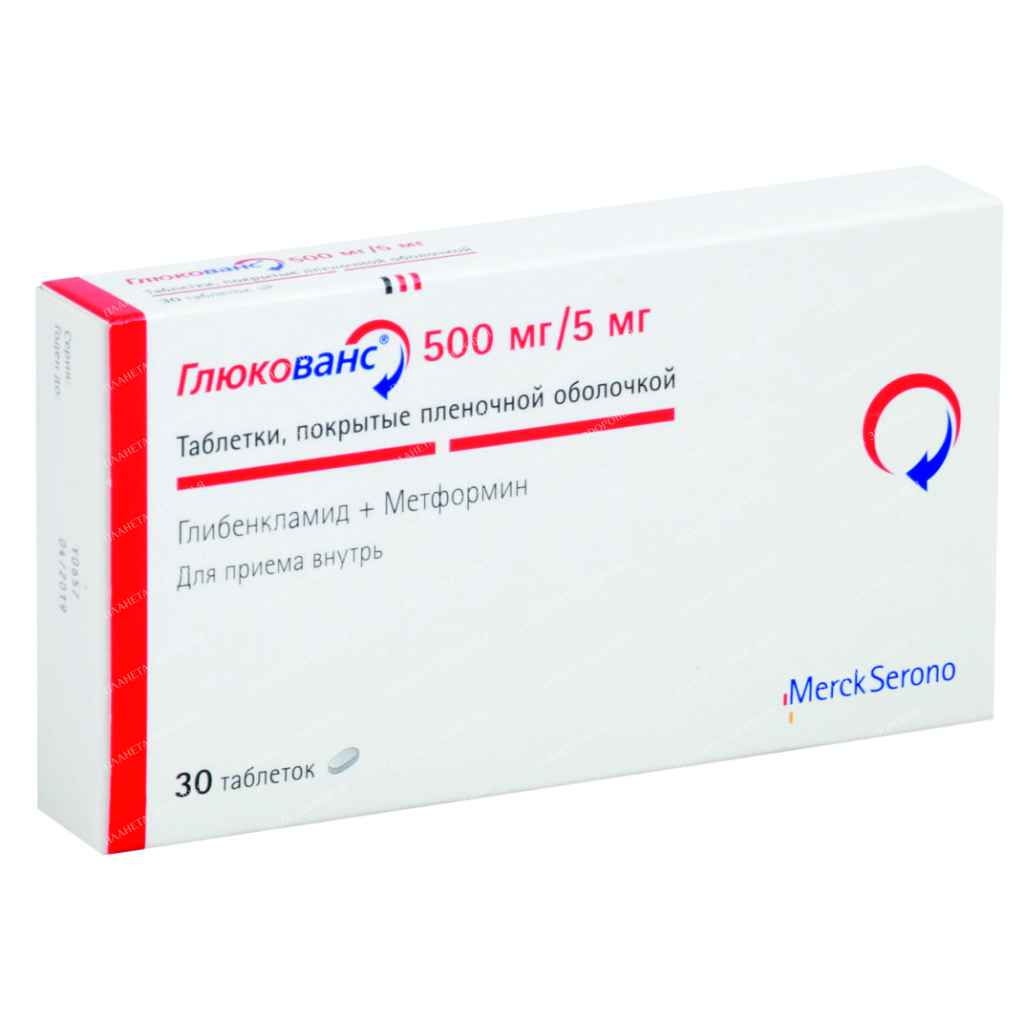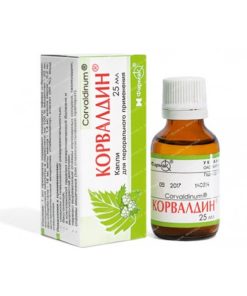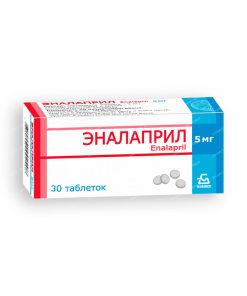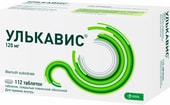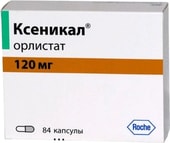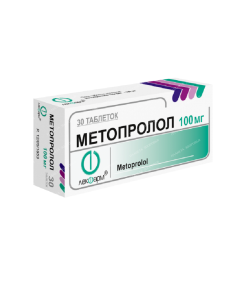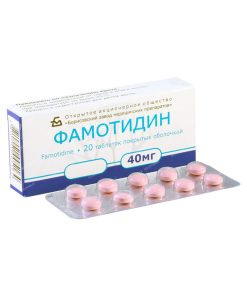Glucovans Tablets p/o 500mg/5mg №15×2: Effective Type 2 Diabetes Management
Description:
Glucovans tablets are a fixed-dose combination medication for the management of type 2 diabetes. Each tablet contains 500mg of metformin hydrochloride and 5mg of glibenclamide, two medications with distinct mechanisms of action that work synergistically to improve blood glucose control.
Key Features:
- Manufacturer: Acino Pharma AG Switzerland
- Plant manufacturer: Merk Sante s.a.s. (Merck Sante sas), France
- Country of origin: France
- Active ingredients: Metformin + Glibenclamide
- Release form: Film-coated tablets
- Prescription drug: Requires a doctor’s prescription
Pharmacological Action:
Glucovans combines two antidiabetic agents:
- Metformin: A biguanide that lowers both basal and postprandial glucose levels by:
- Reducing glucose production in the liver.
- Enhancing insulin sensitivity in muscle cells.
- Delaying glucose absorption in the gut.
- Glibenclamide: A sulfonylurea derivative that stimulates insulin secretion from the pancreas.
This combination offers a comprehensive approach to blood sugar control by addressing both insulin resistance and insulin production.
Indications for Use:
Glucovans is indicated for adult patients with type 2 diabetes mellitus as a replacement for previous dual therapy (metformin and a sulfonylurea derivative) when blood glucose levels are stable and well-controlled.
Important Precautions:
- Lactic acidosis: A rare but serious complication associated with metformin, particularly in individuals with severe kidney impairment.
- Hypoglycemia: A risk with glibenclamide, especially during initial dose titration or with irregular meals, intense physical activity, alcohol consumption, or other medications.
- Renal insufficiency: Requires careful monitoring and potential dose adjustments.
- Hepatic insufficiency: May alter the pharmacokinetics of the medication.
- Elderly patients: Increased risk of hypoglycemia; lower starting doses and gradual titration are recommended.
- Surgery: Temporary transition to insulin therapy may be necessary.
Dosage and Administration:
- Individualized dosage: Determined by a doctor based on individual blood glucose levels and HbA1c.
- Oral administration: Taken with meals.
- Dose titration: Graded increase in dosage over time to minimize gastrointestinal side effects and hypoglycemia risk.
- Maximum recommended daily dose: 4 tablets of Glucovans 500mg/5mg.
- Not for use in children.
Potential Side Effects:
- Common side effects: Nausea, vomiting, diarrhea, abdominal pain, loss of appetite.
- Less common side effects: Hypoglycemia, taste disturbance, leukopenia, thrombocytopenia, skin reactions.
- Rare side effects: Lactic acidosis, vitamin B12 deficiency, hepatic porphyria, abnormal liver function tests.
Drug Interactions:
Glucovans can interact with various medications, including:
- Alcohol: Increases risk of lactic acidosis.
- Sulfonylurea derivatives: Increases risk of hypoglycemia.
- Phenylbutazone: Enhances hypoglycemic effect.
- Danazol: Requires careful glucose monitoring and dose adjustments.
- Corticosteroids: May increase blood sugar levels.
- Diuretics: May worsen renal function and increase risk of lactic acidosis.
- Iodine-containing radiocontrast agents: May cause renal failure and lactic acidosis.
- OCT1 and OCT2 substrates/inhibitors: May affect metformin absorption and elimination.
- β-blockers: Mask hypoglycemic symptoms.
- Fluconazole: Increases sulfonylurea half-life.
- Bosentan: Decreases glibenclamide concentration.
- Bile acid eliminators: May decrease glibenclamide absorption.
Contraindications:
- Hypersensitivity: To metformin, glibenclamide, sulfonylurea derivatives, sulfonamides, or excipients.
- Type 1 diabetes: Insulin-dependent diabetes.
- Diabetic precoma: Pre-diabetic coma.
- Metabolic acidosis: Lactic acidosis or diabetic ketoacidosis.
- Renal failure: Creatinine clearance less than 60 ml/min.
- Acute conditions: Dehydration, severe infection, shock.
- Hypoxia: Heart or respiratory failure, recent myocardial infarction, shock.
- Liver failure: Chronic alcoholism, acute alcohol intoxication.
- Porphyria:
- Breastfeeding:
- Concomitant use of miconazole.
Storage Conditions:
Store at temperatures not higher than 25°C.
Important Note:
This information is intended for general knowledge and should not substitute for professional medical advice. Always consult your doctor before starting any new medication.
| INN | METFORMIN+GLIBENCLAMIDE |
|---|---|
| The code | 25 213 |
| Barcode | 3 596 540 060 361 |
| Dosage | 500mg/5mg |
| Active substance | Metformin, glibenclamide |
| Manufacturer | Merck Sante s.a.s., France |
| Importer | IOOO Interfarmaks 223028 Minsk region, Minsk district, Zhdanovichsky s / s, ag. Zhdanovichi, st. Star, 19a-5, room. 5-2 |
Related products
Prescription Medications
Prescription Medications
 Free worldwide shipping on orders $99+
Free worldwide shipping on orders $99+  US: temporary delays — postal services aligning new import rules,
US: temporary delays — postal services aligning new import rules,  EU: 1–2 weeks,
EU: 1–2 weeks,  Worldwide: 1–4 weeks
Worldwide: 1–4 weeks 


